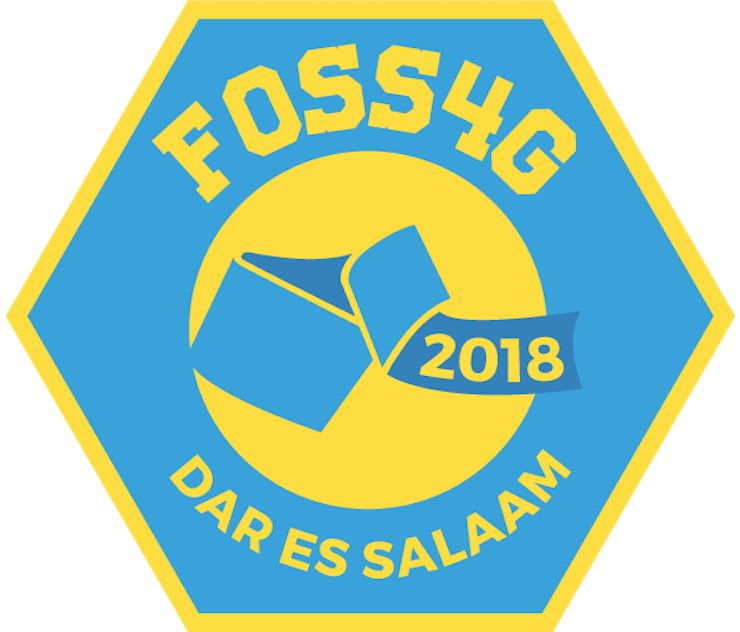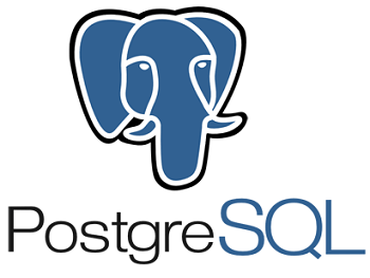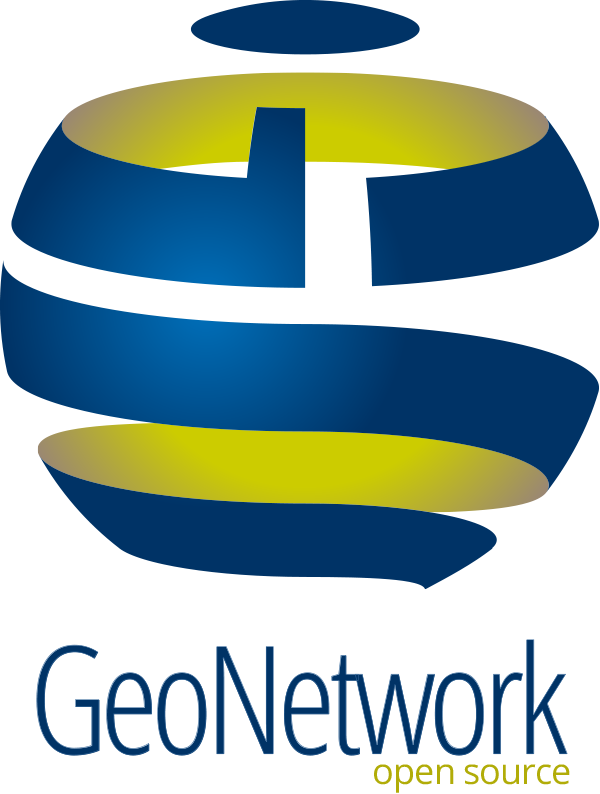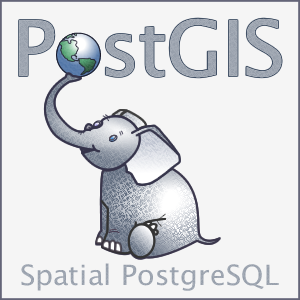How we can make Spatial Data Infrastructure in Argentina with the help of Free and Open Source Software
Malena Libman, Geographic Information Systems Tech
Geoinquietos Argentina, GeoChicasOSM, IDERA

ARGENTINA
[SDI] Spatial Data Infrastructure
“System managed by a community of actors and integrated by spatial data, technology, standards, legal framework, agreements, policies, producers and users, aimed at facilitating the availability and general access to IG through the Internet.”
“The SDI provides a basis for spatial data discovery, evaluation, and application for users and providers within all levels of government, the commercial sector, the non-profit sector, academia and by citizens in general.”

Some facts about IDERA
- Published on the web the information produced by the State at different levels of government
- 131 members (national ministries, provinces, municipalities, public and private universities, public and private companies and NGO)
- There are 11 national ministries out of 21
- 20 provinces out of 24 have an SDI
- Public universities were recently added to the governing bodies of IDERA
- Favorable panorama for the consolidation of IDERA due to a new policy of opening up public data at the national, provincial and municipal levels

Some facts about IDERA
- A law was drafted and presented at the National Congress
- Annually the members meet at a Conference at which more than 350 people from different institutions and levels of government attend
- Trained more than to 2650 people since 2014
- 6 free-participation working groups for the adaptation of international standards from the ISO family ISO 19100 / TC 211 OGC
- 12000 layers of geo-referenced information published which can be accessed from the IDERA's geoportal

SDI assessment and evaluation
- after some time gathering information about the status of the SDIs in the country, the need for a formal evaluation and certification arose
- themes were defined that group categories within each of the indicators selected for the evaluation
- each indicator corresponds to some standard published in the working group documents
- the result is presented as a percentage of compliance with the different indicators or themes defined
Results
some case examples
Expected results of the evaluation
With the evaluation we look to highlight what is an SDI doing right, but also what is not working or the standards that are not being met.
Not only because it negatively affects the possibilities of using the data, but also because there is FOSS solutions that can greatly improve the results and very simple to implement!
In some cases, even, there are problems in the proprietary software that directly affect compliance with the standards, especially in what has to do with usability.
FOSS4G Solutions that work
- Operating System: Ubuntu Server
- Java Servlet Container: Apache Tomcat
- Java Virtual Machine
- Database Management System: Postgres
- DDBB support for geographic objects: PostGIS
- Mapserver: Geoserver
- Metadata Catalog/Geoportal: GeoNetwork
- Desktop GIS: QGIS
- Mapserver admin: GeoServer Explorer plugin








Usability and standard adjustment
The advance of an SDI does not depend on the budget spent on software, it depends on its participation in the community, the continued participation in the discussions and to be aware of the solutions
But also the construction of a team that can apply these standards with FOSS, taking advantage of and even giving back to the FOSS community also.
References
- SDI seminar, bachelor's degree in Geographic Information Systems in Universidad Nacional de Tres de Febrero, 2018. Prof. Mariana Gasparotto
- http://gsdiassociation.org/images/publications/cookbooks/SDI_Cookbook_from_Wiki_2012_update.pdf
- http://volaya.github.io/libro-sig/chapters/IDE.html
- http://www.ign.gob.ar/NuestrasActividades/Geografia/DatosArgentina/DivisionPolitica
- IDERA’s publish documents and stantards www.idera.gob.ar
SDI Evaluation - FOSS4G 2018
By Malena Libman
SDI Evaluation - FOSS4G 2018
How we can make Spatial Data Infrastructure in Argentina with the help of Free and Open Source Software
- 361



